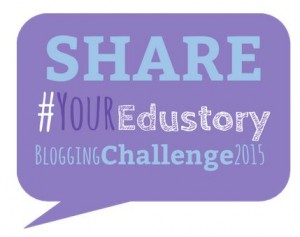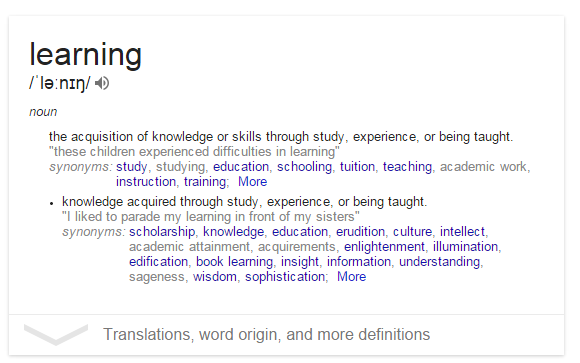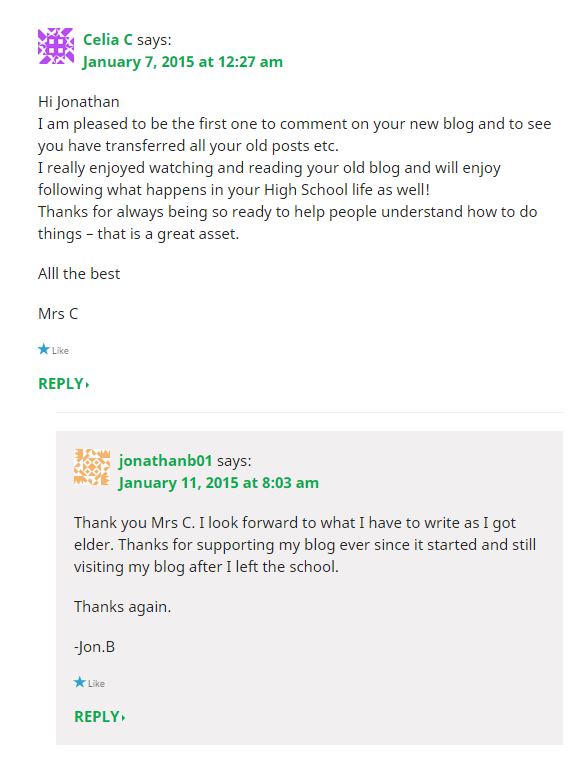 The #YourEduStory challenge for this week is “What is connected learning and WIIFM?” (WIIFM = What’s in it for me?) and I realised that I had an unpublished post from 2013 (among many others) that could partially address this topic.
The #YourEduStory challenge for this week is “What is connected learning and WIIFM?” (WIIFM = What’s in it for me?) and I realised that I had an unpublished post from 2013 (among many others) that could partially address this topic.
In 2013, I wrote:
As our world of information overload expands, the use of our networks is getting more and more valuable. Happily accepting that we cannot answer all questions, but that we can help our learners (whether students or teachers) connect with someone who can, is an important mindset of a modern teacher and learner. I gain solace when I am able to connect people, use my online or face to face Professional Learning network (PLN) and say “I don’t know anything about that, but I just might know someone who does !”
I am grateful for the people in my network and I believe the power of these connections is hugely amplified when we each act as ‘nodes’ or connectors to each others networks. On Twitter I regularly see people requesting information from their PLN as they are trusted sources and people willing to help.
My experience indicates that many of our students have yet to see or be exposed to the value or purpose in networking beyond their school environment. We often read that they are already using the power of networks in their social lives, in online games etc but schools are not mirroring this activity.
School must embrace this and model the value of connecting. Class and student blogs, class Twitter accounts, Edmodo, shared Google documents etc, are some of the wonderful vehicles for this connection. Recently one of our students published her work from a Positive Education program on her blog, another school picked it up and used her content for class discussion. The excitement from the young blogger was palpable – she was contributing to other students learning and they were adding value to hers.
Relevant and timely exposure to the value of connecting as learners will provide our students with essential skills.
That was 2 years ago and it still stands. In a few hours at work last week, I spent time getting the nuts and bolts sorted so that our students have access to their own blogs, their Google Apps for Ed accounts, Edmodo accounts. It was tedious administration but vital to exposing them to this type of learning.
The ‘What’s in it for me?” question is partly a no-brainer as Heather so well describes but also a bit awkward. The essence of being connected implies a mutual benefit – sometimes the balance goes one way more than another, but we are more in to the “What’s in it for us?”
Reading Nancy’s response to this prompt, I connected in numerous ways to her story and in particular to “These connections did not happen accidentally.” Like any relationship, they have to be worked on, cultivated and allow to mature and change.


